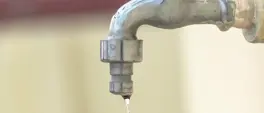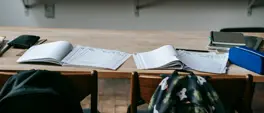Home Affairs will be vulnerable to corruption until it undergoes a complete digital transformation, warns Schreiber
Lindsay Dentlinger
21 August 2024 | 5:42Home Affairs Minister Leon Schreiber said that until the department undergoes a complete digital transformation, it would continue to be a breeding ground for fraud and corruption.
CAPE TOWN - Home Affairs Minister Leon Schreiber said that until the department undergoes a complete digital transformation, it would continue to be a breeding ground for fraud and corruption.
But budget cuts mean the department is only operating with around 40% of the staff it needs.
Schreiber was before Parliament’s portfolio committee on Tuesday, to explain the debacle around 95 Libyan nationals entering the country to receive military training and identity fraud by foreign nationals.
ALSO READ:
• 95 Libyans who came to train at Mpumalanga military camp got visas in 3 days - Home Affairs DG
Schreiber wants his department to follow in the footsteps of the SA Revenue Service.
He said it was preferable to spend money on information technology than more personnel, which the state could not afford.
"The number one lesson from these cases is that the lack of a modern digital system to process all applications, adjudications and communication at Home Affairs is the root cause of the national security threat we face in this sector."
Following revelations that 100 visas were handwritten for Libyan officials to travel to South Africa on study visas, Schreiber said the system would continue to be vulnerable to corruption because it was antiquated, manual and thus open to subversion.
"How can South Africa regard ourselves as a serious nation when we refuse to embrace something as simple as online applications, which will never even allow a user to click 'submit' if the application is not complete?"
He said at the current rate it was only a matter of time before more instances of abuse were exposed.
Get the whole picture 💡
Take a look at the topic timeline for all related articles.
















